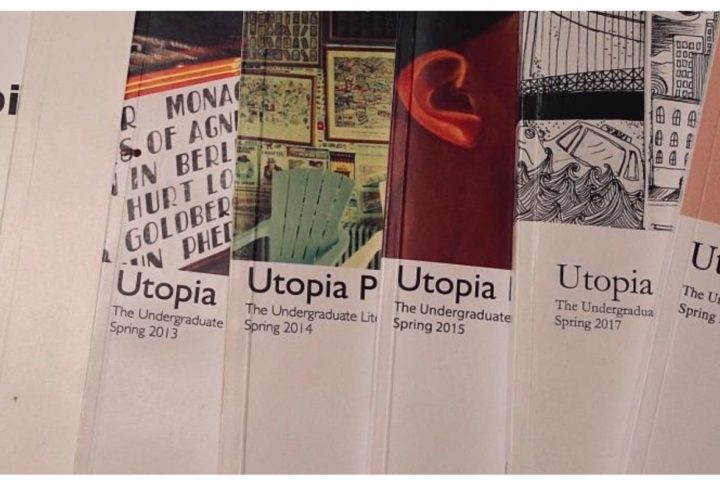“Mistress America” is a hilarious and clever film, but shows a profound message about finding one’s place in a wild, hectic world and coming to terms with compromise.
The film contains sharp and witty dialogue likened to Wes Anderson and is able to keep the frustration and dread genuine. The film’s sobering portrait of American ambition heightened by a nuanced character could change a person’s perspective, all while laughing.
The film follows Tracy Fishco, played by Lola Kirke, a college freshman and aspiring writer. She is utterly uninspired, unsatisfied with her classes, lonely and rejected by the coveted Literary Society, who pretentiously eat cheese and drink wine.
This is until she is pulled into the orbit of Brooke, played by Greta Gerwig, the woman whose father is going to marry Tracy’s mother. Brooke is a 29-year-old dazzling whirlwind of creativity saying ridiculous proverbs about life and is brimming with grand schemes.
After spending one night with Brooke, Tracy is in awe of her and charmed by her ability to live life to the fullest. Tracy, like many writers without experience of their own, starts “stealing” from Brooke and jots down her proverbs for a short story she writes without Brooke’s knowledge.
As Tracy views Brooke more objectively for her story, she writes with clearheaded insights of Brooke’s personality faults. Tracy follows and cheers Brooke on as she hustles for funding a restaurant idea called Mom’s, which is based on forming a parent-like relationship with its customers; a nice, yet absurd idea.
When all options fail, Brooke is forced to confront her former best friend and nemesis, Mamie-Claire. Played by Heather Lind, Mamie-Claire “stole” her red pants, cats, J Crew T-shirt idea and millionaire boyfriend. She visits her and the film shifts into a ridiculous comedic episode where characters are unmasked and friendships are broken.
Despite the film’s humor, it carries a much heavier undertone of self-actualization and the modern American dream. The film brings to mind “The Great Gatsby” as a clear inspiration to Tracy and Brooke’s relationship, which parallels the relationship between Jay Gatsby and Nick Carraway. Also Gatsby and Brooke’s self-fabricated personas both mask their relationship with the past.
Nevertheless, “Mistress America” surpasses being a derivative due to Tracy’s multi-dimensional character and add its own unique insight on today’s American dream and illusion of boundless opportunity.
Tracy’s character could have been the straight man to Brooke’s comic routine, but is not. The story from Tracy’s writing about Brooke helps her come to the realization Brooke is not sacred as she appears.
The film takes Tracy’s perspective through the intimate narration, rather than trample over Brooke’s. Thus, when the cracks in Brooke’s masquerade start to show, Tracy’s feeling of liberation is understood when she has realizes no one knows how to fit in.
Simultaneously, Brooke’s character is also heard in-depth and characterizes another aspect of the American dream. She is overloaded with opportunities the modern world offers. Her million grand schemes, when looked seriously, are failed attempts at stability.
“Mistress America” challenges thinking a person’s place into world, how to make a living and that grand schemes are not enough.














